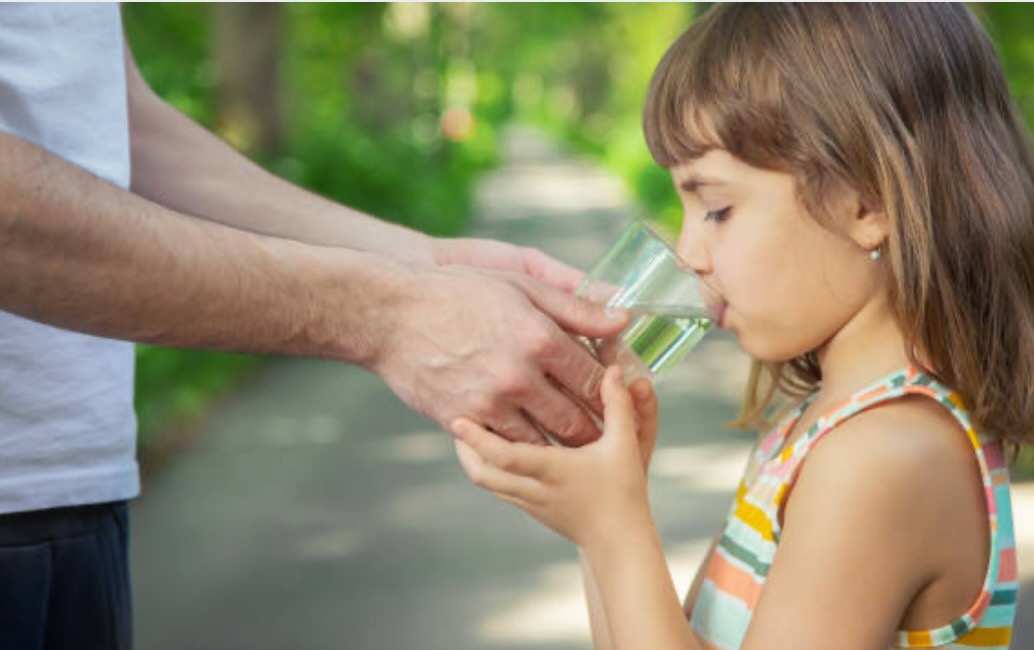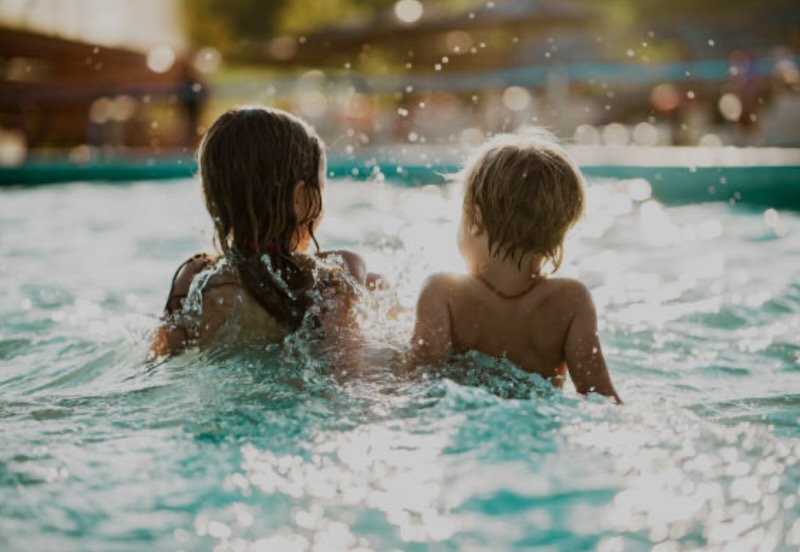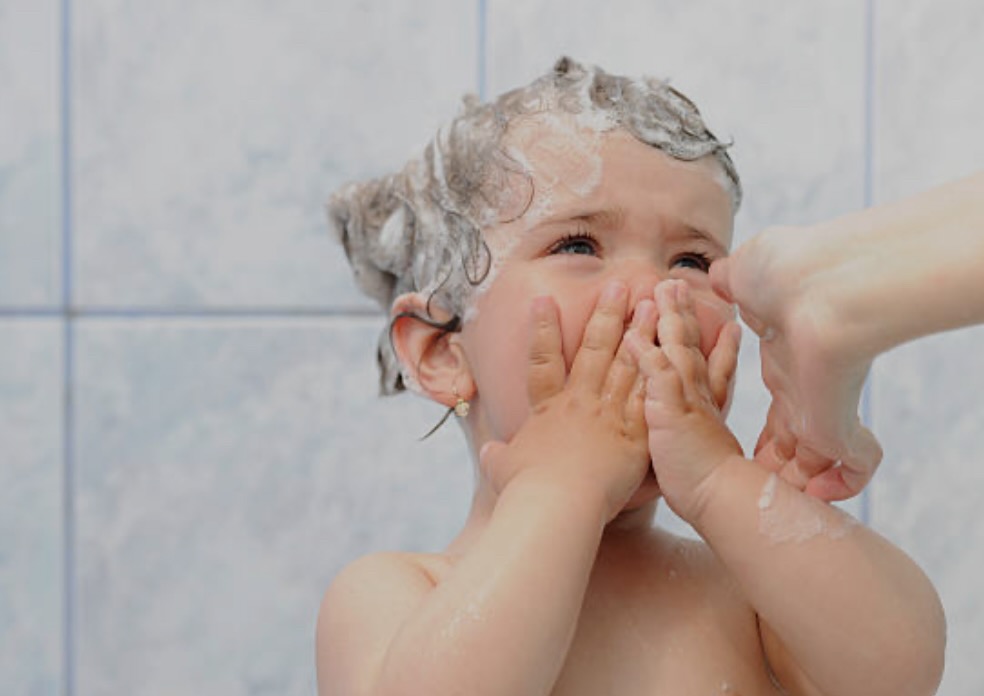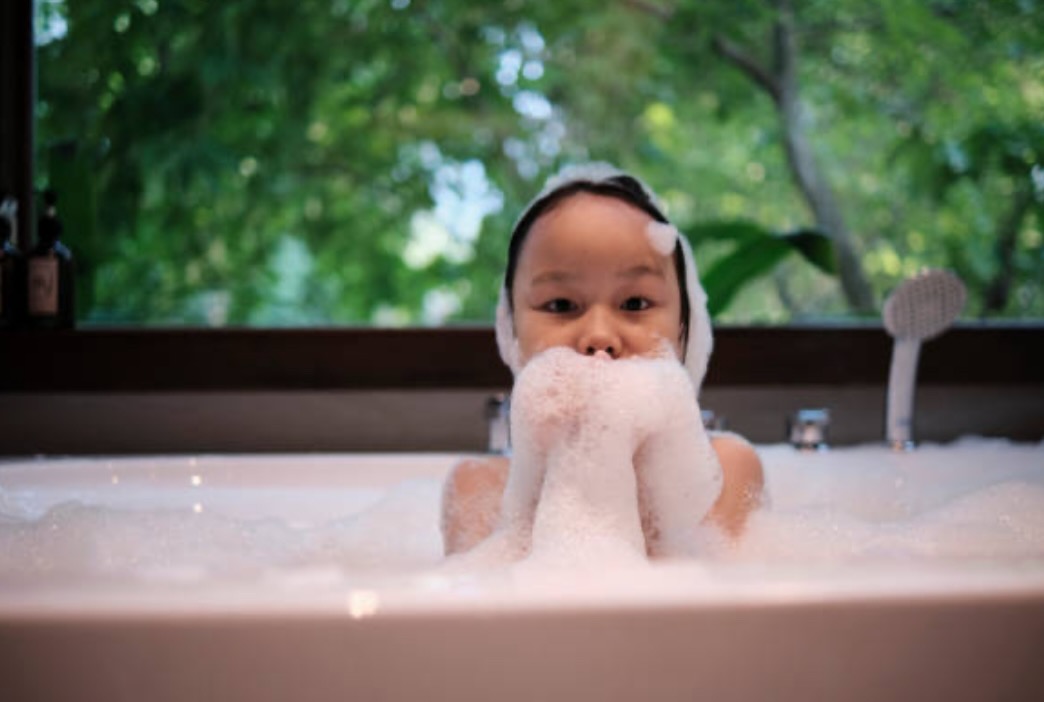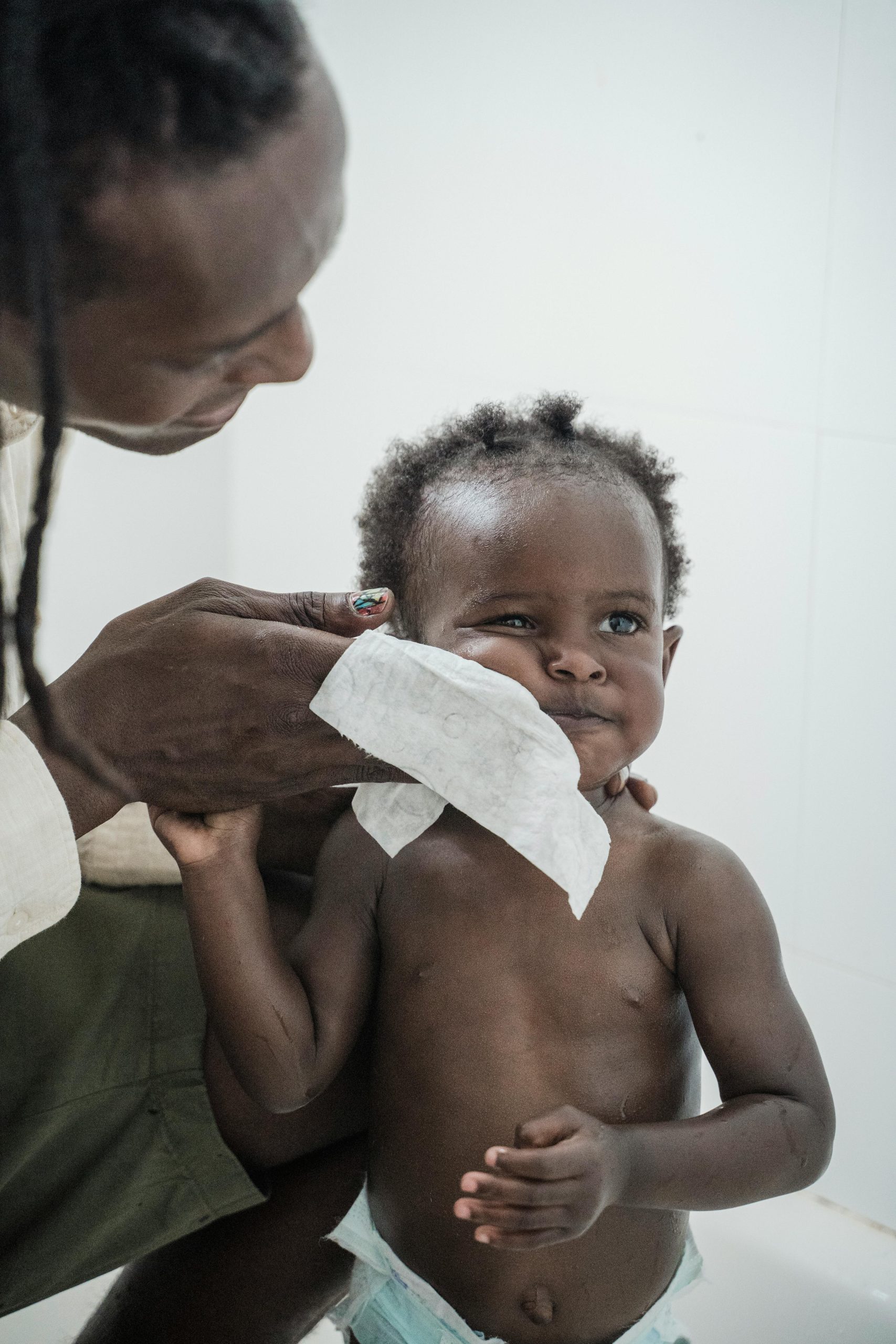Focus on internal hydration and daily water intake.
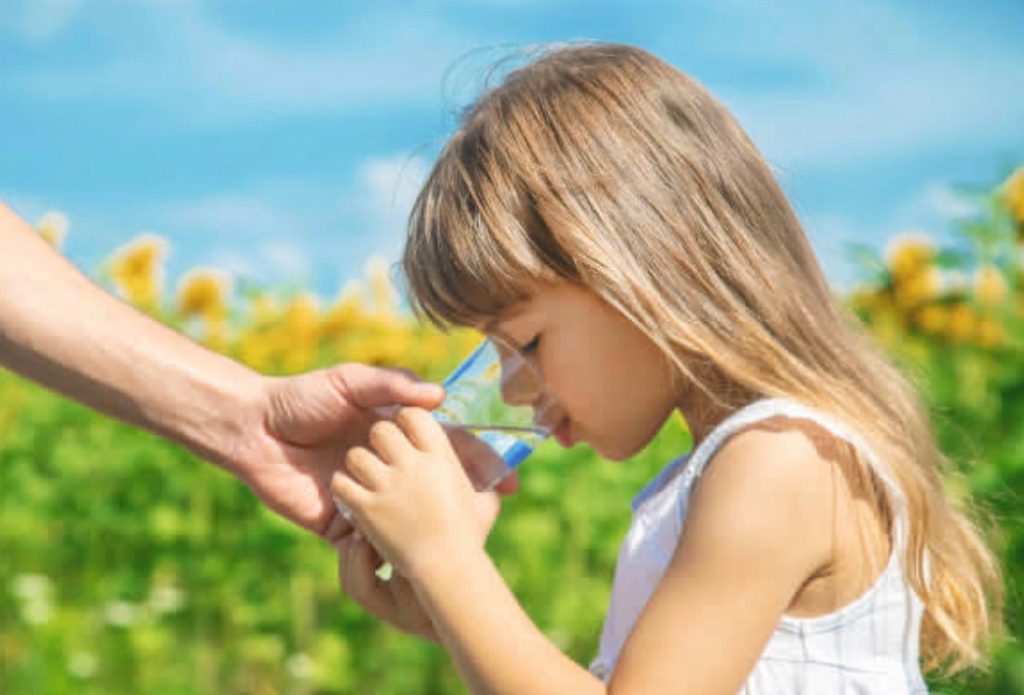
When we think of skincare for kids, most of us focus on sunscreen, body wash, or lotion. But one of the most powerful tools for healthy skin starts from hydration. Not only is water important to the energy and general well being of the child, but also to the softness, smoothness and trouble free skin.
Why Is Hydration Important for Skin?
Hydration is incorporating a large glass of water into the skin of your child, internally and externally. The skin of children is 40-60% thinner than that of adults which makes it lose moisture fast and be more exposed to dryness, rashes, and irritants.
Make skin soft and elastic: Soft and elastic skin is hydrated and much less likely to become dry and flaky.
Shield the skin barrier: The skin is a barrier to bacteria, allergens and pollution. Hydration maintains this barrier in a healthy state and stops the irritants external to it.
Avoid itchiness: The dry skin may be itchy, red, and in the worst-case scenario, it may become diseased such as eczema. The moisturizing advantage is cooling and healing to the skin.
Healthy radiance: Well moisturized healthy skin will look healthy and radiant with a smooth surface hence the children will have a healthy radiance.
In Dermatologic Surgery, a study reported that regular moisturizing decreases the loss of water to the skin enhancing its barrier effect. Water also promotes good health in general and this is visible in the complexion of the skin.
How Drinking Water Affects the Skin
The easiest yet most effective ways in enhancing the health of your child with the aid of water is by drinking adequate amounts of it. The skin contains about 64 percent of water content and hence drinking water keeps the skin cells capable of carrying out their functions properly. The significance of it is as follows:
Helps in the performance of skin cells: Water helps in the delivery of nutrients to the skin cells rendering them functional and healthy.
Destroys impurities: By consuming sufficient water, the wastes in the body can be gotten rid of easily and this can reduce acne or dullness.
Increases elasticity: Hydrated skin is elastic and it reduces the effect of tightness or fine lines.
In their study presented in The British Journal of Dermatology the researchers stated that even though the consumption of water does not change the state of skin hydration significantly, it can contribute to the normal skin physiology, especially in people who do not drink enough water. so have to aim for kids to drink water about 5 cups of water daily age of 4-8, and 9-13 about 7-8 cups od water daily.
“Drinking water helps the natural barrier of skin. The lack of hydration inhibits the skin to remain plump,” says Dr. Mona Gohara, a board-certified dermatologist.
Moisturizing: Hydrating from the Outside
Although drinking water makes the skin hydrated internally, moisturizers assist in trapping moisture externally, particularly after washing or exposure to the sun. Moisturizers form a barrier on the skin, which stops water loss and acts as a barrier to irritants. This is particularly critical to kids as their skin barrier is yet to develop. The moisturizers mechanism of action.
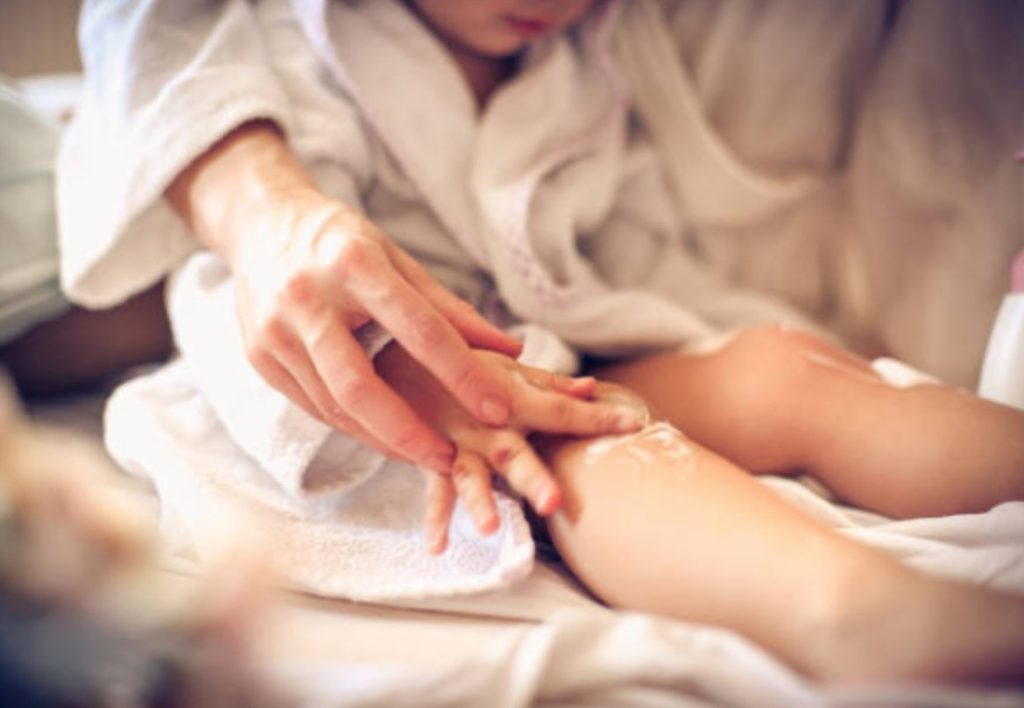
Moisturizers have ingredients that either attract water to the skin or trap moisture. Clinical Cosmetic and Investigational Dermatology explains that that creams which copy the natural moisturizing systems of the skin can substantially increase hydration. Put moisturizer immediately after taking a bath or shower and absorb moisture.
Boost Hydration Naturally
Along with water and moisturizers, some changes in your child lifestyle can also make his or her skin hydrated. Among the useful recommendations, there are the following:
which are promoted to eat healthily: Antioxidants (berries, spinach) and healthy fats (avocado, nuts) will contribute to the well-being of the skin.
Use a humidifier: A humidifier puts moisture in the air and avoids the incidence of dry skin in dry climates or during winter.
Lukewarm water: Lukewarm water shutter off the water tab after 5-10 minutes of taking a bath. Hot baths can cause the skin to be dry.
Visit a pediatric dermatologist when the dryness or rashes on your child are regular or when the conditions are accompanied by illnesses such as eczema. They will be able to prescribe individual medication and eliminate possible background problems.
Visit a pediatric dermatologist when the dryness or rashes on your child are not going away or when it is a case of eczema. They can even prescribe a certain treatment and remove the potential complications.
Dehydrated Symptoms on Children
Dry skin or lacklustre skin. Rough patches on arms or legs. Sore or rough patches, crackd lips or parched cheeks, Fatigue and urine rarely voided.

Most skin issues can be remedied at home, but there are those that require clinical attention. Call a pediatric dermatologist appointment, in case your kid is: Dryness, redness or itching which is not better or is worsening.
Whether child runs in the park, swims at the beach or snuggles up with a storybook, his or her skin requires both internal hydration (water) and external moisture (lotion) to remain healthy.
Imagine water and moisturizer as your active skincare team, one affecting the skin inside out and the other outside in. They both complement each other in making your child radiates comfort and confidence daily.
“What’s your go to way to keep your kids hydrated, especially during hot weather? Drop your tips in the comments!”
Please note: This material and the content and information in it contains are not intended to, and do not constitute, medical or other health advice or diagnosis and should not be used as such. Consult an experienced doctor or healthcare provider for some of the issues in your individual situation.
